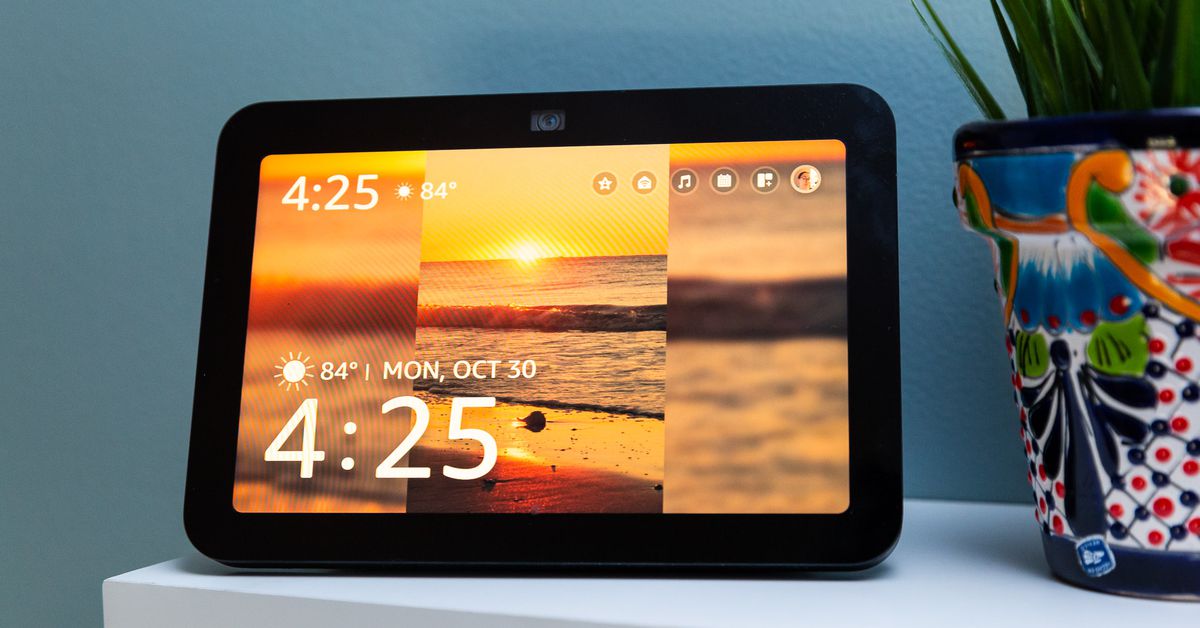Spotify has officially fired back at claims made by Drake in a legal filing last month that Kendrick Lamar’s Not Like Us was “artificially inflated”.
Last month, Drake, via his company Frozen Moments LLC, accused Universal Music Group and Spotify of artificially inflating streaming numbers for Kendrick Lamar’s mega-hit Not Like Us – a diss track about Drake.
Drake’s allegations were made in a legal petition filed in New York, in which lawyers for the artist’s company claimed that UMG used “bots” and other methods to artificially boost numbers for Lamar’s Not Like Us.
Drake’s petition, which you can read in full here, alleged that UMG “launched a campaign to manipulate and saturate the streaming services and airwaves with a song, Not Like Us, in order to make that song go viral, including by using ‘bots’ and pay-to-play agreements.”
The petition also claimed that “UMG charged Spotify licensing rates 30 percent lower than its usual licensing rates for Not Like Us in exchange for Spotify affirmatively recommending the Song to users who are searching for other unrelated songs and artists.”
It continues to allege: “UMG nor Spotify disclosed that Spotify had received compensation of any kind in exchange for recommending the Song.”
In response to Drake’s allegations about a 30% lower rate in exchange for recommendations, a Spotify spokesperson told MBW on Friday (December 20): “Spotify has no economic incentive for users to stream Not Like Us over any of Drake’s tracks.”
SPOT’s spokesperson added: “Only one of Spotify for Artists’ tools, Marquee, was purchased on behalf of the song, for €500 to promote the track in France. Marquee is a visual ad that is disclosed to users as a Sponsored Recommendation.”
A spokesperson for Universal Music Group told MBW last month: “The suggestion that UMG would do anything to undermine any of its artists is offensive and untrue. We employ the highest ethical practices in our marketing and promotional campaigns.
“No amount of contrived and absurd legal arguments in this pre-action submission can mask the fact that fans choose the music they want to hear.”
Spotify has also officially filed opposition papers in response to Drake’s petition, including an Opposition Brief and an affirmation in support of the brief, both of which have been obtained by MBW. In the former filing, lawyers for SPOT argue that Drake’s petition “should be denied”.
Within the affirmation filed in support of the Opposition Brief, made by David Kaefer, VP, Head of Music and Audiobooks Business at Spotify USA, the exec argues that “contrary to the allegations” made in Drake’s petition, via Frozen Moments LLC, “UMG and Spotify have never had any arrangement in which UMG ‘charged Spotify licensing rates 30 percent lower than its usual licensing rates for Not Like Us in exchange for Spotify affirmatively recommending [Not Like Us]”, including “to users who are searching for other songs and artists.”
Kaefer’s affirmation also noted that Drake’s petition claimed “that an unidentified individual reported on a podcast that he used bots to achieve 30,000,000 streams on Spotify in the first days of the release of Not Like Us,” but suggested that Spotify “found no evidence to substantiate this claim”.
Elsewhere in the affirmation, which you can read in full here, Kaefer notes that “Spotify invests heavily in automated and manual reviews to prevent, detect, and mitigate the impact of artificial streaming on our platform”.
The statement continues: “When we identify attempted stream manipulation, we take action that may include removing streaming numbers, withholding royalties and charging penalty fees. Confirmed and suspected artificial streams are also removed from our chart calculations. This helps us to protect royalty payouts for honest, hardworking artists.”
Meanwhile, within the opposition brief, obtained by MBW and which you can read in full here, lawyers for Spotify noted that Drake’s petition “speculates that UMG artificially inflated the popularity of the track through a number of avenues, including by using ‘bots’ and ‘pay-to-play’ agreements, paying social media influencers to promote the song, and taking steps to conceal its scheme by allegedly terminating employees associated with Drake”.
The brief argues, however, that “under cover of the far-fetched contention that this gives rise to a civil RICO claim, Petitioner in this proceeding seeks to invoke the extraordinary remedy of pre-action discovery”.
The brief adds: “As to Spotify — a stranger to this fracas — the Petition sets forth a single allegation, on information and belief, that Spotify agreed with UMG to a discounted royalty rate for Not Like Us in exchange for “recommending [it] to users who are searching for other unrelated songs and artists.”
“On this basis, Petitioner seeks pre-action discovery of documents sufficient to show any such agreement and the financial benefits allegedly received. As set forth in the accompanying affirmation, the predicate of Petitioner’s entire request for discovery from Spotify is false: there is no such agreement. In any event, however, the Petition is legally deficient and should be denied.”
Both Drake and Lamar release their records via UMG and its Republic Records and Interscope, respectively.
Not Like Us (Interscope), recorded by Lamar as part of a bitter rap feud with Drake, was released on May 4 as part of a series of three diss tracks, all released within a few days of each other (the other tracks are Euphoria and Meet The Grahams).
Drake’s lawyers also filed a second legal petition against UMG last month, this time in Texas.
In the second filing, obtained by MBW and which you can read in full here, lawyers on behalf of Drake claim that “UMG designed, financed and then executed a plan” to turn Not Like Us “into a viral mega-hit with the intent of using the spectacle of harm to Drake and his businesses to drive consumer hysteria and, of course, massive revenues”.
The filing adds: “That plan succeeded, likely beyond UMG’s wildest expectations.”Music Business Worldwide









Leave a Comment